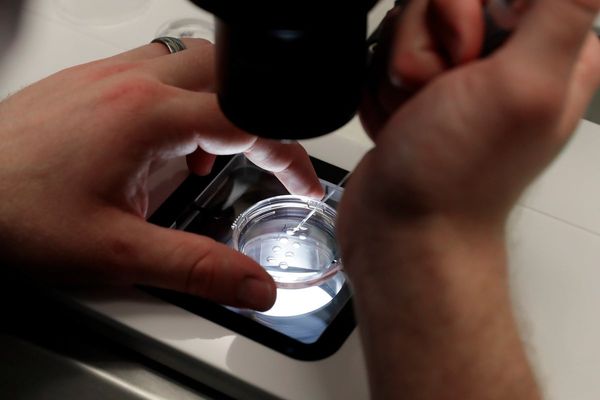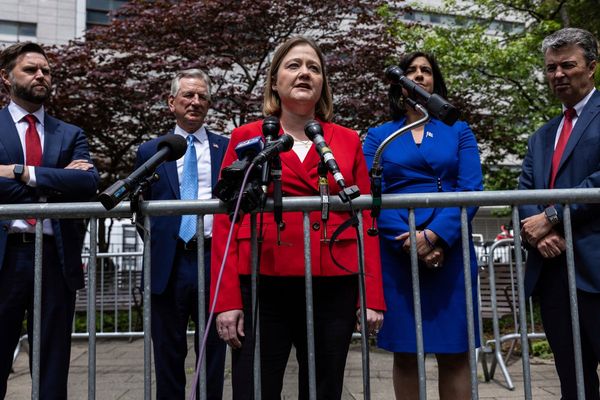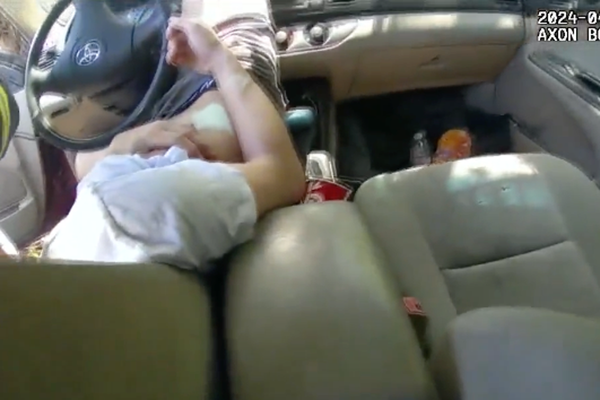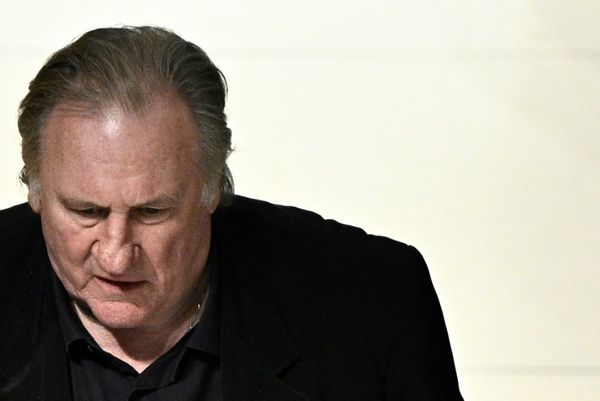
In Tamworth in 1972, the 62-year-old accountant Vernon Marshall took out ads in the local paper to advertise a support group he’d started.
Marshall was gay. He had lived through Nazi Germany and immigrated to Australia, landing in Tamworth in the 1950s. He rented a post office box to give supporters and attenders a place to write to, in lieu of giving his home address.
That group was called the Camp-Gay Liberation Movement Tamworth and the newsletter was provocatively called Coming-Out. Though short-lived, it was one of the earliest LGBTQ+ organisations in regional Australia.
The local postmaster sought advice from higher-ups on whether Vernon should be allowed to keep his mailbox, worried that it would be used for homosexual acts. Vernon replied that would be very difficult to perform a homosexual act in a mailbox.
A police detective also warned the local paper off running Marshall’s classified ad advertising the PO box. Marshall arranged an interview with the officer to push his case, and won. The newspaper ran his ads again and the fledgling organisation took flight.
It was five years before the first Sydney Mardi Gras. Dianne Minns, the co-chair of First Mardi Inc and one of the original 78ers, said Marshall was “very lucky he was able to take out an ad”.
“I think it was very brave of Vernon to do that newsletter, and very lucky that he got to use the PO box – there were other gay and lesbian organisations at the time who didn’t have that luxury,” Minns says.
Vernon distributed one copy of his newsletter in March 1973. No further editions have been found. It’s not clear whether he began writing under another pen name, or stopped writing entirely. He died in 1984, a few months before homosexuality was decriminalised in New South Wales.

The Tamworth librarian Jody Ekert learned Marshall’s story when she was working on the regional city’s first Pride Fair Day and a local journalist handed her an article from the December 1972 Camp Ink newsletter, which interviewed Marshall about his PO box.
A few years later, locked down with Covid in a cabin on a cruise ship earlier this year, Ekert began thinking about Marshall again.
“I was like ‘I’m so isolated, is it possible to get more isolated?’,” she says.
Then she thought of Marshall. “That dude that you read the article about? That’s gotta be one of the most isolated people: in the 70s, in Tamworth, trying to get something going,” she says.
When Ekert came home, she decided to start the Hey Vernon project to carry on Marshall’s mission and provide a point of connection for people struggling with their identity, especially in rural and regional Australia. She revived the PO box.
Ekert, herself a member of the LGBTQ+ community, says the anonymity of the mail box is appealing.
“People have come out,” she says, “And I don’t know if they’re out in public, but I think some people are using it as their first ‘I-need-to-tell-someone’. People are sharing stories that they’ve never shared with anyone.
“Because you’re sending that to an anonymous person, it’s so personal and unfiltered. I read it. I get all the emotions, and then I feel what a gift it is.
“It’s a little bit of a burden, to read the worries of people – but what a gift it is, just to witness all that.”
Many people do not include a return address. Those who do receive back a copy of Vernon’s original newsletter, which Ekert obtained from the State Library of NSW.
It’s full of pride and frank, Teutonic advice, as well as articles from across the world – the work of someone who was not just tuned in, but experienced and brave, having lived through some of the worst parts of human history.

The newsletter contained an advice column, covering topics including how to come out to your parents, and ‘“are homosexuals happy”. Some letter writers ask the Hey Vernon project for advice.
“Vernon loved to give advice,” Ekert says. “So I sat down and thought about their dilemma for a good month or so and wrote back with some advice.”
At this stage, Ekert does not have plans to expand the project. “I am absolutely happy if it’s just something I check twice a week, and allows one person to have some expression that they didn’t have. That’s enough.”
The project can be contacted at Hey Vernon, PO Box 727 Tamworth, NSW, 2340.







